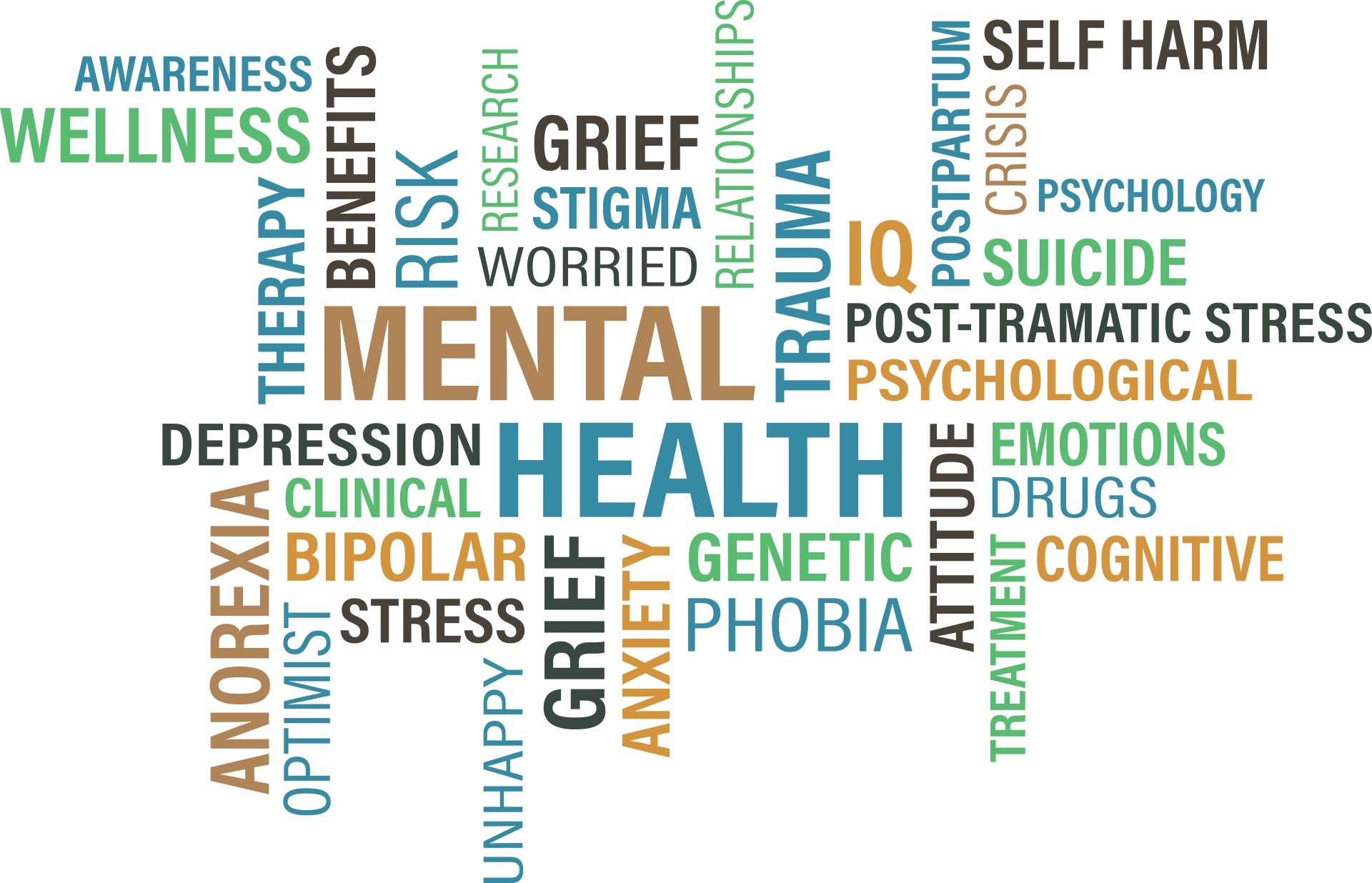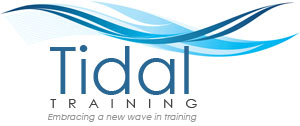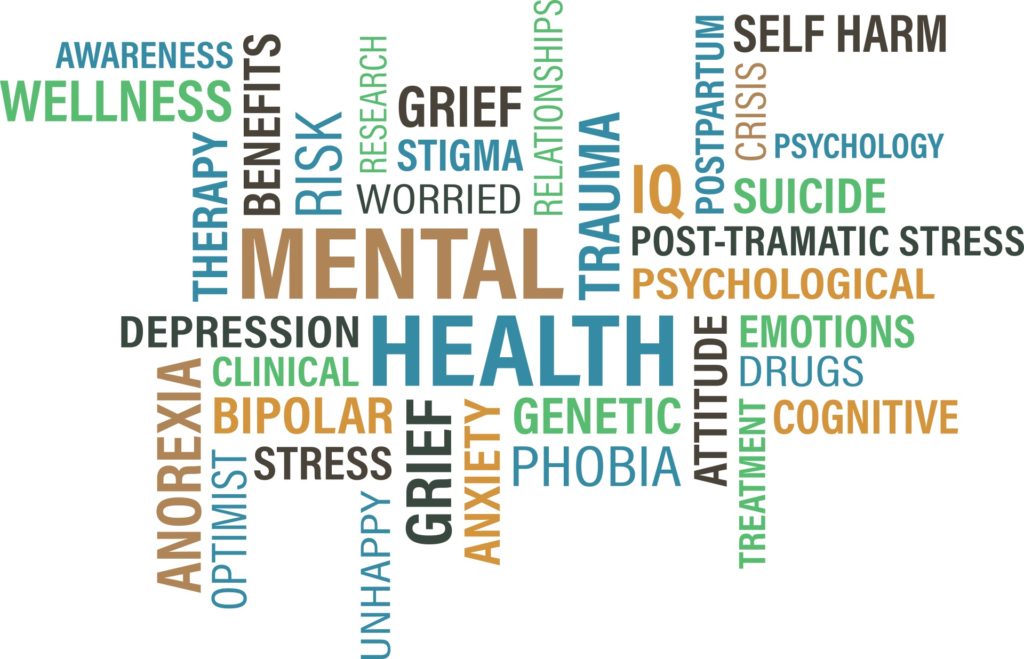*** No Places Available *** | Post Critical Incident Stress Debrief Facilitator & Psychological First Aid Training | 12th, 13th, 19th, 20th, 21st October 2021 | Live Webinar |

Event Details
No places available. Our next course is running in February 2022. Click HERE to view the course. 5 Days: 12th, 13th, 19th, 20th, 21st October
Event Details
No places available. Our next course is running in February 2022. Click HERE to view the course.
5 Days: 12th, 13th, 19th, 20th, 21st October 2021
Post Critical Incident Stress Debrief Facilitator training is now being delivered via live webinar as well as onsite face to face training to organisations across the United Kingdom, from NHS Trusts to Corporates to Charities. This training ensures the safeguarding and support of employees facing ongoing or extremely stressful, traumatic or critical incidents. Days 1 & 2 cover pre & intra-crisis interventions and days 3-5 cover post incident crisis interventions and debrief.
NATIONAL STRATEGIES AND INITIATIVES
Legal imperative UK: The Health and Safety at Work Act of 1974 (HASAWA) allows the government to issue regulations, guidance and Approved Codes of Practice (ACOPs) for employers. These set out detailed responsibilities for the employer in every aspect of workplace health and safety. One area that has been neglected is the psychosocial aspect of work. There is currently a need for suitable, evidence-based training for assessing, managing & mitigating psychosocial risk.
NON-BINDING TECHNICAL STANDARDS INCLUDING CODES OF CONDUCT & PROTOCOLS RECOGNISED BY GOVERNMENT ON PSCHOSOCIAL RISKS, PREVENTION & MANAGEMENT
The UK Health & Safety Executive (HSE) introduced the Management Standards in 2004 to help organisations understand what they need to do to assess and manage the risks to employee wellbeing posed by work-related stress.
Newly published BS ISO 45003:2021 Occupational health and safety management — Psychological health and safety at work — Guidelines for managing psychosocial risks.
Critical Incident Stress Debriefing (CISD – Mitchell model) is a specific, 7-phase, small group, supportive crisis intervention process. One of the many crisis interventions included under a Critical Incident Stress Management (CISM) program. The CISD process does not constitute any form of psychotherapy and it should never be utilized as a substitute for psychotherapy. It is a supportive, crisis-focused discussion of a traumatic event (which is frequently called a “critical incident”). The Critical Incident Stress Debriefing was developed exclusively for small, homogeneous groups who have encountered a powerful traumatic event. It aims at reduction of distress, a restoration of group cohesion and a demonstration of management commitment to the psychosocial health of team members.
COURSE DESCRIPTION
Post incident stress management (PISM) comprises a range of crisis intervention services that include:
- PRE-CRISIS MANAGEMENT (stress prevention and management) both individual and at organisational level
- INTRA-CRISIS MANAGEMENT (individual crisis counselling often referred to as psychological first aid)
- POST-CRISIS MANAGEMENT (group debriefing of a homogenous group (people who have been through the same critical incident together), and post-incident referral for 1-1 counselling for those still suffering from symptoms following a critical incident.
- Acute stress is a body’s normal reaction to an abnormal event.
- Normalisation of the traumatised person/s experience, and validation of their experiences and responses is a critical goal of this programme as well as identifying those that require referral for further assistance.
- It is important for organisations to have systems in place to deal with critical incidents and the subsequent distress and disorder in order to create a healthy work ethos and environment during and after critical incidents.
The course is intended for two purposes:
- Where a major incident has occurred at work, e.g. multiple deaths, an assault, a suicide of a patient or a colleague, hostage-taking of a patient or colleagues, murder, witnessing or being involved in terrible accidents, etc
- Where a major incident has occurred in the locality, “beyond the scope of business-as-usual operations” e.g. infectious disease outbreak, an explosion at work, a terrorist act, a power outage, a natural disaster such as a flood, airplane crash, damaged building, rising flood water
TARGET AUDIENCE
- Health care professionals (doctors, nurses, occupational therapists, first responders – paramedics, fire fighters, police, etc)
- Mental health professionals (Social workers, Psychologists, Therapists, Welfare Officers, Wellness/Wellbeing Managers, EAP personnel, etc)
- Workplace Professionals (Managers, Human Resource personnel, Occupational Health & Safety personnel, Educators, etc).
- Religious personnel (Chaplains, Pastoral counsellors, Ministers, etc.)
- Organizations who desire to promote and ensure a fundamental and standardized knowledge base among its personnel who respond to crisis and trauma,
- Any other professionals involved in the care of individuals and groups following traumatic incidents.
The course runs from 09:30 – 16:30 daily.
To learn more please click here.
Time
12 (Tuesday) 9:30 am - 21 (Thursday) 4:30 pm GMT(GMT+00:00)
Location
Live Webinar Training
Organizer
Book a place
For more information and pricing please contact one of the team and we will be delighted to support you.
Email: contact@tidaltraining.co.uk
Landline: 01242 371 999


